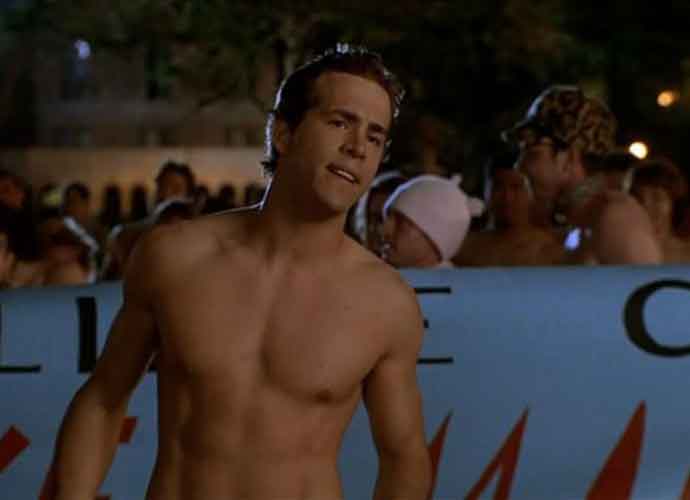‘National Lampoon’s Van Wilder (Unrated)’ Blu-Ray Review: Teen-Sex Comedy Is No ‘American Pie’

1/5
Looking back on a raunchy comedy released in 2002 from our current perspective in 2018 is a bit of a daunting task for anyone. I went into Van Wilder, the infamous cult-classic teen-sex comedy, with low expectations, looking for some cringeworthy, outdated material, but deep down hoping that it would surprise me by having more substance than it’s given credit for. For example, the American Pie films are in a similar vein of comedy, and despite many of their jokes becoming outdated over the years, the films are redeemed by their self-awareness and the occasional moments of genuine humanity between a father and a son. That is why the American Pie franchise holds a special place in my heart, my guilty pleasure films. Unfortunately, Van Wilder is no American Pie.
SLIDESHOW: Met Gala 2018 – 23 Best Dressed Stars
Where to even begin? Van Wilder is one of the most vile and disgusting films I’ve ever seen. These offensive jokes in the film aren’t self aware, or offensive in an effort to make the characters look bad (a la It’s Always Sunny In Philadelphia,) they are just mean spirited jokes intended to belittle the “other,” whoever that may be. Let me illustrate the breadth of the film’s offenses: every character of color in Van Wilder has a racist name, such as Kal Penn’s character “Taj Mahal Badalandabad” and an elderly Asian woman who’s name is “Suk Mee” (it is implied that she is performing a sexual act with Van, which is only the setup for a “comedic” reveal that she is simply measuring his inseam.) Van Wilder also makes fun of transgender people, gay people, deaf people, overweight people and participates in slut-shaming, in addition to general misogyny.
50 Celebrities Who Have Died In 2018 – Tribute Slideshow
On the surface, the plot doesn’t sound that bad: Van Wilder has been going to college for seven years with no plans to graduate anytime soon. That plot doesn’t grab me, but also it has potential to be kind of funny. However, all Van Wilder does is party, and somehow by doing this he raises tons of money for charities. This has to be the most confusing part of the movie; Van Wilder looks down on and makes fun of everyone, so why would he ever want to raise money for people who actually need it? The filmmakers clearly loved this setup though, because it means the more he parties (which is clearly for the sake of getting laid and getting wasted) the greater the ethical justification in the form of charity money. In reality, sex sells. The more sex and partying they put on the screen, the more teenage boys are going to buy the movie and idealize this gross booze-filled fantasy that they expect college to be. It’s not hard to believe that these kinds of false realities where “no doesn’t mean no,” drinking is constant, and “the guy always gets the girl” are a significant contributor to the disgusting and prevalent rape culture in America’s college campuses.
The special features on the Blu-Ray are significantly funnier than the movie itself, though not for any positive reasons. Many of the interviews made me laugh, not during the jokes, but during the moments where producers, actors and writers were talking about how the movie has a heart, and that’s what attracted them to the project. The special feature where the folly artist shows you how he created the graphic sounds of the main antagonist passing violent bowel movements would’ve been really cool had it been any other scene in any other movie. In summation, there are plenty of informative special features for the avid Van Wilder fan (though if you enjoy the movie you probably stopped reading a long time ago.)
While this film has no redeeming qualities, Ryan Reynolds is the least terrible part. Present day, Reynolds has proved himself a comedic force to be reckoned with; very few people can resist his quick-witted charms. Looking at his performance in Van Wilder, there are hints of his talents to come, but they are just that, hints. His complicitness and participation is disheartening to watch, as he is now a prominent pop culture figure and no one would expect him to make such insensitive jokes at the expense of marginalized people. While there’s no excusing what happens in this film, people change and learn over time, and I suspect (or hope) that he has done both.
RELATED ARTICLES
Get the most-revealing celebrity conversations with the uInterview podcast!

 Click here for the Victoria’s Secret Fashion Show 2017, Shanghai: 15 Best Photos Slideshow
Click here for the Victoria’s Secret Fashion Show 2017, Shanghai: 15 Best Photos Slideshow



Leave a comment